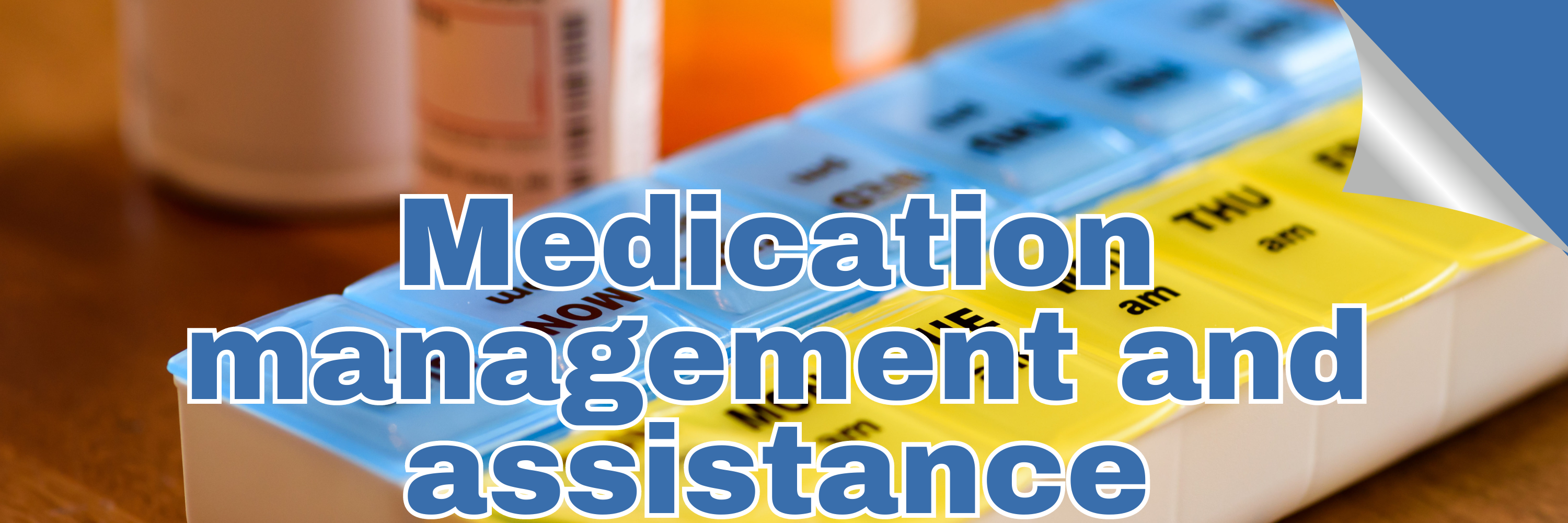How are medication management and assistance handled?

Medication management and distribution in assisted living facilities are typically handled with strict protocols to ensure residents receive their medications safely and on time. Here are some common practices for medication management in assisted living facilities:
Medication Administration by Trained Staff: Qualified staff members, such as licensed nurses or certified medication aides, are responsible for administering medications to residents according to their prescribed schedules.
Medication Storage and Labeling: Medications are securely stored in a designated area, labeled correctly, and organized by resident to prevent errors in distribution.
Medication Tracking: Facilities maintain detailed medication records for each resident, documenting the type of medication, dosage, administration times, and any special instructions.
Medication Reminders: Staff members may provide reminders to residents when it is time to take their medications to ensure adherence to prescribed regimens.
Monitoring for Adverse Reactions: Staff members monitor residents for any potential adverse reactions to medications and report any concerns to healthcare providers promptly.
Communication with Healthcare Providers: Assisted living facilities maintain open communication with residents' healthcare providers to review medication regimens, address changes in prescriptions, and coordinate care.
By following established procedures, maintaining accurate records, and involving trained staff in medication management, assisted living facilities can help ensure the safety and well-being of residents who require medication assistance.
